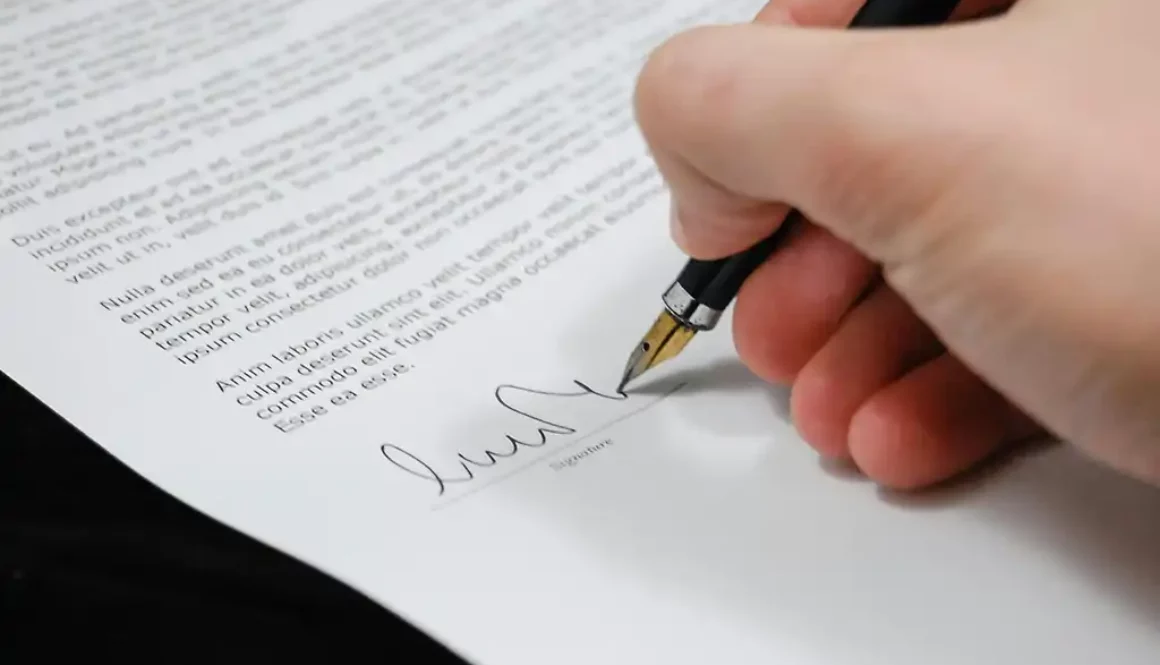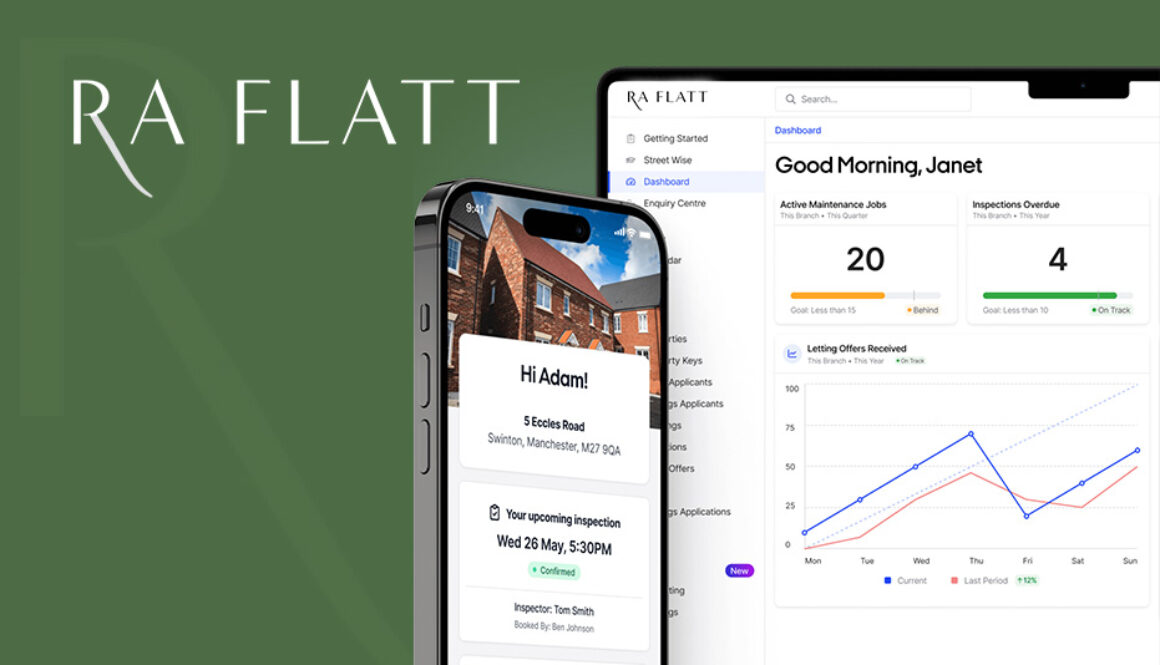
News


New Anti-Money Laundering Rules for Landlords and Letting Agents
FAQs: Everything You Need to Know

Property Investment Cheltenham & Gloucester: Is Now the Right Time?
FAQs: Everything You Need to Know

Renters’ Rights Bill 2025: Letting Agents Guide
FAQs: Everything You Need to Know

RA Flatt Residential Lettings Embraces a State of the Art Property Management Software
FAQs: Everything You Need to Know




